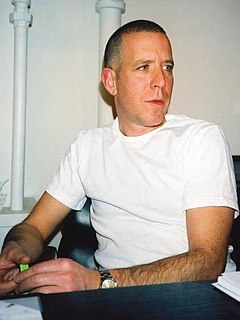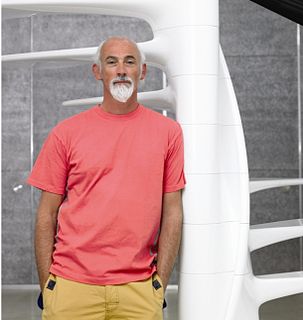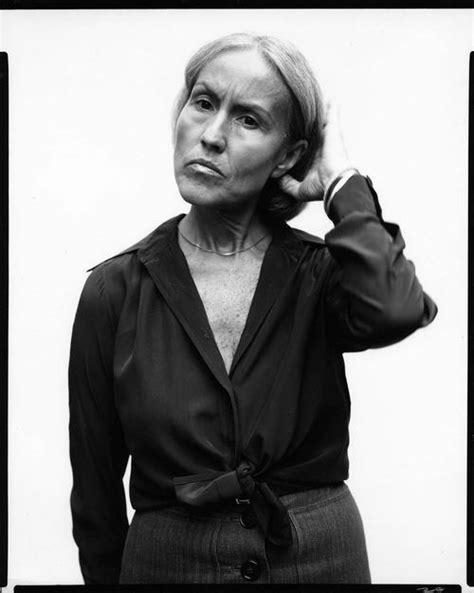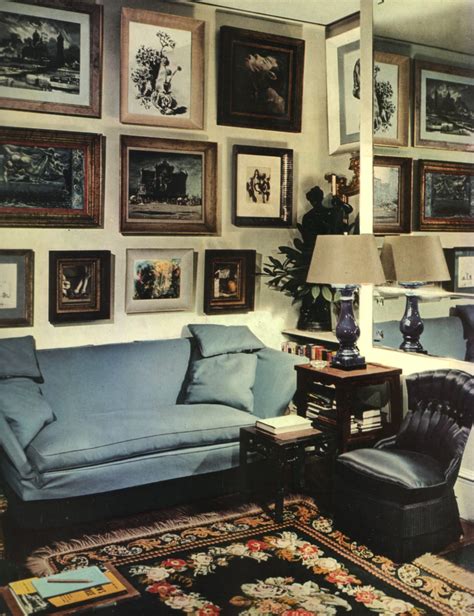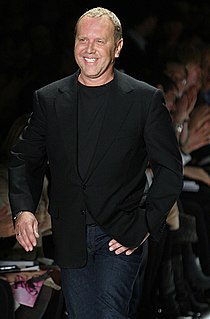A Quote by James Jebbia
Related Quotes
How a designer gets from thought to thing is, at least in broad strokes, straightforward: (1) A designer conceives a purpose. (2) To accomplish that purpose, the designer forms a plan. (3) To execute the plan, the designer specifies building materials and assembly instructions. (4) Finally, the designer or some surrogate applies the assembly instructions to the building materials. What emerges is a designed object, and the designer is successful to the degree that the object fulfills the designer's purpose.
If you've taken the job to be the stylist for a collection, then I think it's important for you to really listen to the designer and look at the board. Look at the wall, look at what the designer is interested in, and then move on to that. But the designer also must not lose sight of the reason for their point of view. Otherwise it won't come across.
The combination of an individual[i.e., a client] with a positive idea of living and a good designer is the great force in contemporary decoration. I don't care how good the designer is, I am sure that he [or she] would rahter have a person with definite ideas rahter than have to work with a negative figure as a client.
A chef is a chef, a cook is a cook; a lorry driver is a lorry driver and a designer is a designer. I've never heard anyone say that Philippe Starck is a chef. The important thing is dialogue. If I said to Norman Foster that he was a chef he'd say "No", but he might have a dialogue with chefs. People have said to me for many years that I'm not a chef and that I'm an artist instead, but I always say, "No, I'm a chef." I just have dialogues with designers.
